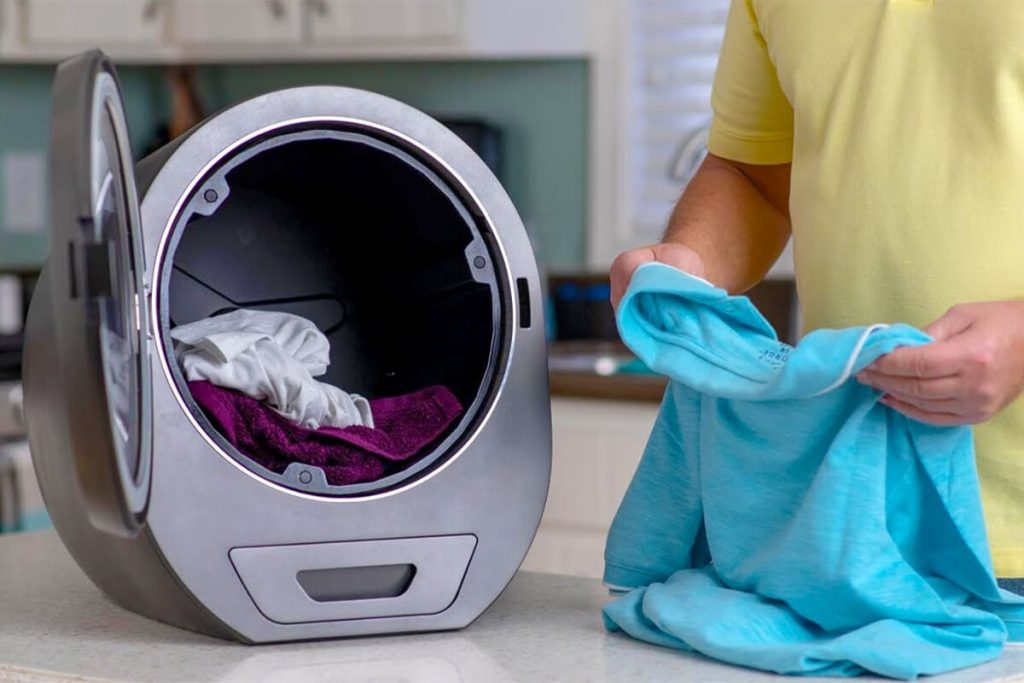In most homes, the mention of boilers and water heaters brings to mind that essential device that provides us with hot water for our daily activities. However, while they both serve the fundamental purpose of heating water, boilers, and water heaters are distinct systems with specific functions and mechanisms. Let’s delve deep into understanding the differences between the two.
What is a Boiler?
Boilers are versatile heating systems that can perform dual tasks. They not only heat water but also can heat your home. The word ‘boiler’ is a bit of a misnomer since these units don’t always boil water. Instead, they heat it to a specified temperature. Once water reaches this pre-set temperature, the system distributes it throughout the home, usually through radiators or in-floor radiant tubing.
What is a Water Heater?
Water heaters have a more singular function compared to boilers. They simply heat water for domestic tasks like washing dishes, doing laundry, or taking a shower. Water heaters come in tank or tankless versions. Tank-style water heaters store a certain amount of water and keep it heated, ready for use, while tankless versions heat water on-demand as you need it.
Mechanism and Components

Sigmund / Unsplash
Boilers
Boilers have a more intricate design, as they are meant for dual functionality. They contain a series of pipes or tubes where the water flows and gets heated. Many modern boilers are closed systems, meaning they recirculate the water. Some boilers use steam as a heating medium, converting water to steam which then circulates to radiate heat.
Water Heaters
Water heaters, especially the tank versions, operate in a more straightforward manner. They have an insulated tank where water is heated and stored until it’s required. For tankless water heaters, water passes through a series of coils that heat the water instantaneously.
Energy Sources

Pixabay / Pexels
Both boilers and water heaters can utilize various energy sources, such as natural gas, propane, oil, or electricity. The choice often depends on regional availability and cost.
Lifespan and Cost
Boilers
Boilers typically have a longer lifespan, often ranging from 20 to 35 years, depending on the type, maintenance, and water quality. Initial costs for boiler systems are usually higher due to their complexity.
Water Heaters
Tank water heaters have an average lifespan of 10-15 years, while tankless versions can last up to 20 years with proper maintenance. In general, the upfront cost of a water heater, especially the tank versions, is lower than a boiler.
Efficiency and Space

Charlotte May / Pexels
Boilers
Modern boilers can be incredibly energy-efficient, especially when integrated with radiant floor heating. They use the heated water to warm up spaces evenly, providing consistent temperatures. However, boilers and their distribution systems often take up more space.
Water Heaters
Tankless water heaters are champions in efficiency as they only heat water when needed, avoiding the standby energy losses associated with storage water heaters. In terms of space, tankless versions are compact and can be mounted on walls, while traditional tank water heaters require a dedicated floor space.
Which is Right for You?

Armin Rimoldi / Pexels
Your choice between a boiler and a water heater will largely depend on your specific needs.
- Heating Needs: If you’re looking for a system that provides both hot water and space heating, a boiler is the way to go. It's especially beneficial in colder regions where heating demands are higher.
- Space and Efficiency: If you have limited space and are keen on energy efficiency for your water heating needs, consider a tankless water heater.
- Budget: For homes that only require hot water with a smaller budget at hand, a traditional tank water heater might be the most cost-effective choice.
In conclusion, while boilers and water heaters serve the primary purpose of heating water, their functionalities, mechanisms, and benefits differ. It's essential to evaluate your needs, space, and budget to determine the right fit for your home. Always consult with a heating professional when making a decision to ensure you opt for the most efficient and suitable system for your residence.
show more






















